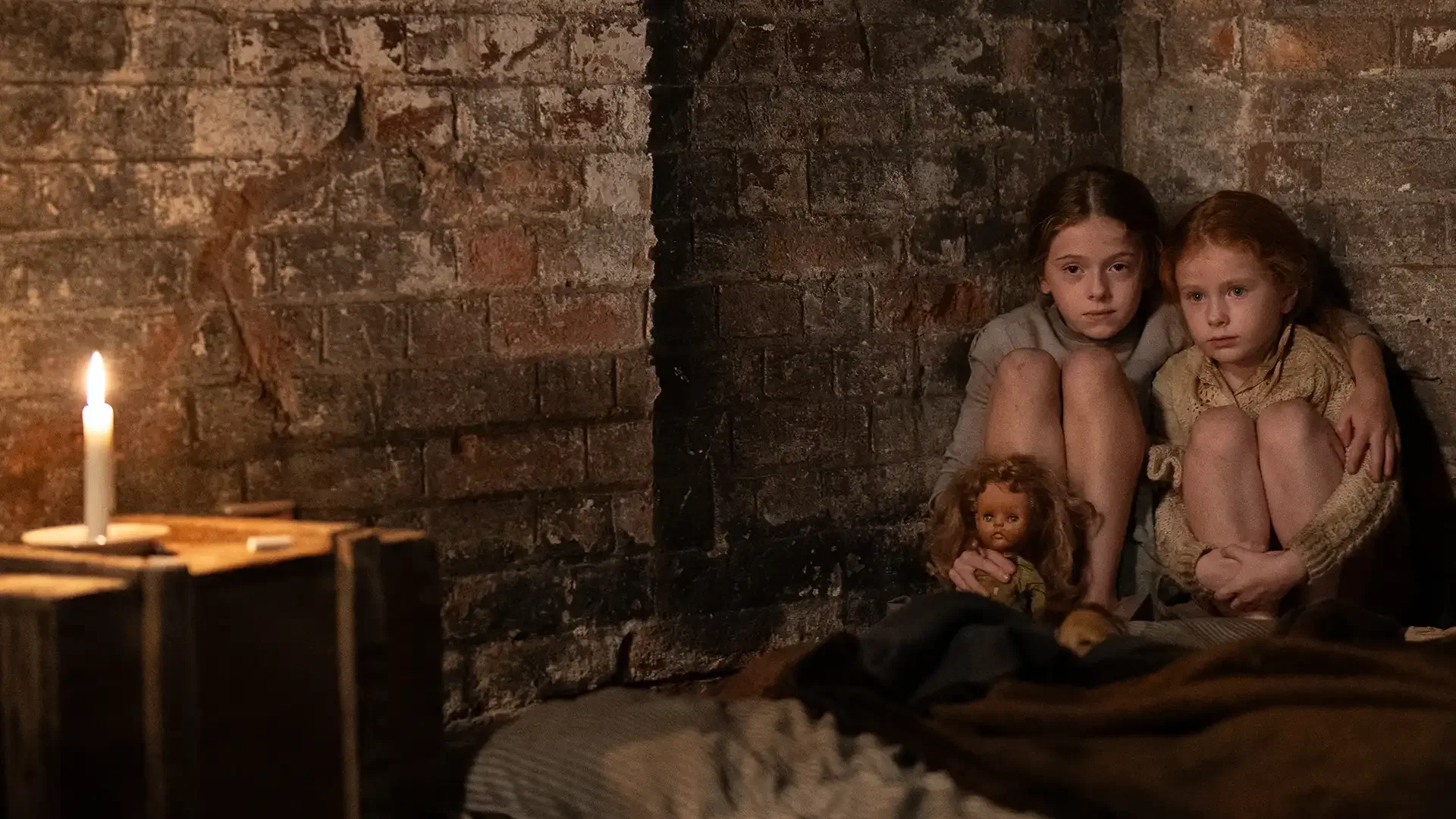Poverty and pregnancy… two words that are too often unfortunately paired together. Add interpersonal violence to that equation (sometimes referred to as domestic violence) and it is a deadly triple threat.
Impoverished pregnant individuals face a multitude of dangers, including diminished access to prenatal care. Not only may reliable transportation necessary to get to appointments be an issue, but if they have state funded insurance, sometimes just finding a provider accepting of the insurance can be a major issue. They are also at risk of being malnourished because of food insecurity. All of this, in addition to the immeasurable psychological stress brought about by living in poverty, creates a hurdle that can lead to negative outcomes like premature birth and fetal growth restriction (babies that weigh too little at birth). Moreover, poverty puts women at greater risk for death in pregnancy, childbirth, and after.
What is often not spoken about is the long-term effects on children raised in poverty. Long-term health conditions like heart disease and diabetes are greater risks for children born into poverty. These children are also more at risk for developmental delays and behavioral issues. This is magnified for pregnant women exposed to violence in their relationships (which may elevate in pregnancy), as medical complications and injury from the abuse are a sobering reality. Postpartum depression incidence is about three times higher for women experiencing interpersonal violence. It’s astonishing to think that homicide is a leading cause of death in pregnancy and the postpartum period, accounting for 31% of maternal injury deaths. As I have said before and cannot say enough, we CAN, and we MUST do better.
One of my favorite characters is Sister Julienne (Jenny Agutter). She is such a study in contrasts: often the last to speak but whose words speak volumes, obedient yet steadfast in convictions that sometimes lie outside of those dictated by her vocation, fiercely devout yet not without questioning. In the moment where she had to help the destitute woman in the abandoned building give birth to twins, her character’s strength and vulnerability shone through.
As a midwife, I identified with what I recognized as fear in her face in that moment, and the somber realization of the responsibility that rested on her shoulders. Been there and done that too many times to count. I loved the line in which the woman expressed her fear and doubt about Sister Julienne’s plan to deliver the twins and Sister Julienne responded, “You don’t have to worry about any of that because this IS going to work.” Yet her face showed that sliver of “at least I pray to God that this IS going to work.”
There is this fine line we walk as midwives in that we our patient’s advocate, care provider, ally, and protector yet there are times when the ability to fulfill all of those expectations become tenuous. The words and tone from our mouths may be reassuring, but inside we are shaking like a leaf. I’ve had nurses tell me throughout my career that I am calm in emergencies, and my response is always a surprised, “You think so? Because that’s not the way I feel internally.”
I guess thank goodness for the ability to put on a calm façade… at least it hopefully reassures my patients and perhaps to some degree, myself in those moments when it is needed most.
